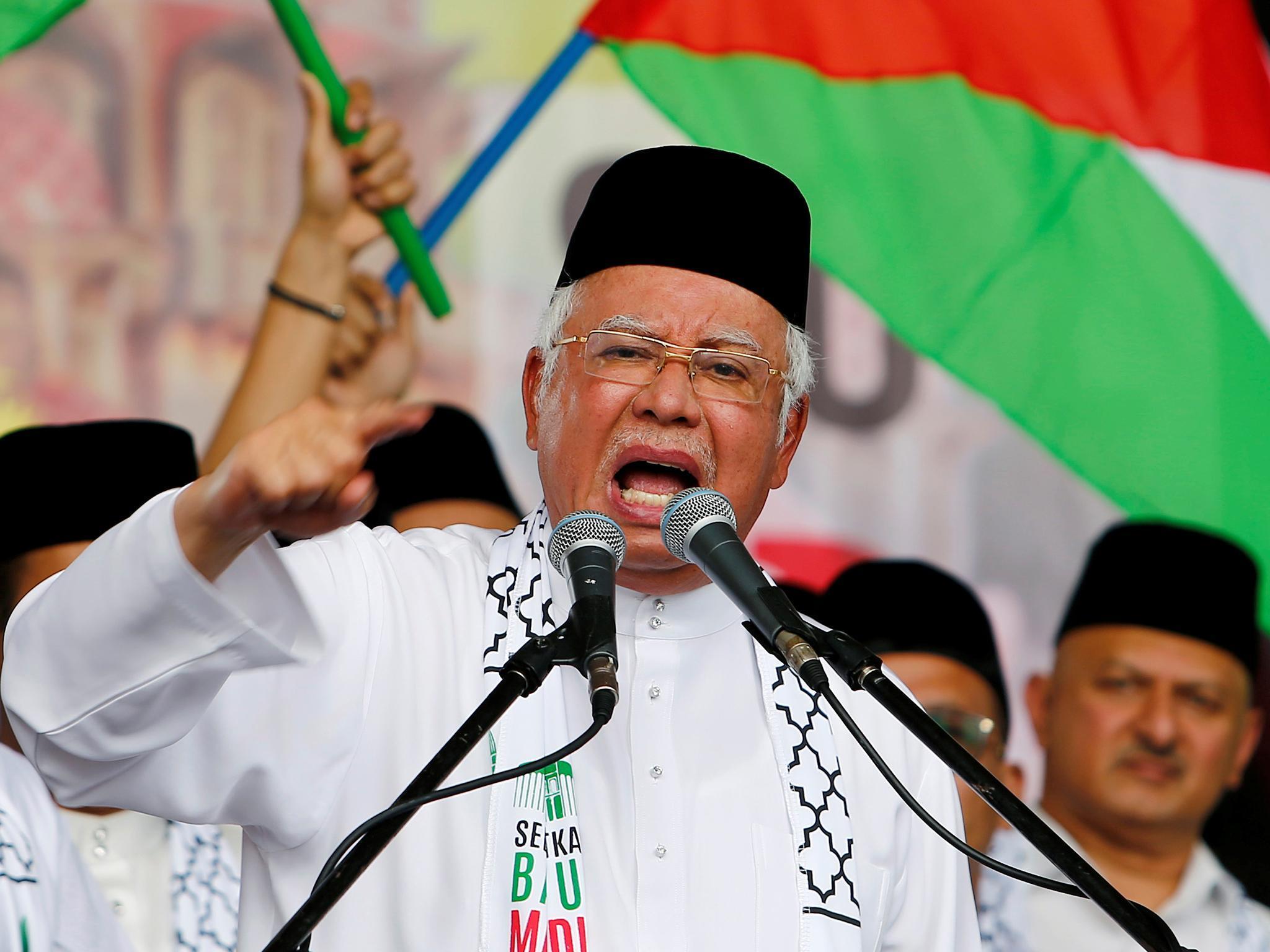Ukrainian Prosecutor General Resigns Amid Major Scandal
 Andriy Kostin steps down following corruption revelations.
Andriy Kostin steps down following corruption revelations.
In a shocking turn of events, Andriy Kostin, Ukraine’s Prosecutor General, has stepped down amidst an explosive scandal involving dozens of officials who allegedly manipulated disability statuses to dodge military service. This major incident came to light in early October, raising questions about the integrity of public officials in the western Khmelnytskyi region. The exposé revealed that numerous public prosecutors had illegally obtained disability permits, allowing them to avoid the draft while enjoying special pensions.
Kostin took responsibility for the chaotic situation, branding the act as “clearly amoral.” He stated, “In this situation, I believe it is right to announce my resignation from the position of prosecutor general.” His resignation comes on the heels of a critical National Security and Defence Council meeting, resulting in an urgent decree from President Volodymyr Zelensky aimed at dismantling the current system overseeing medical and social commissions. This is a pivotal move designed to close the loopholes exploited for draft evasion through bribery.
The Scope of Corruption
Following the scandal’s unveiling, Kostin initiated an investigation revealing an alarming number of 61 prosecutors in the Khmelnytskyi region were registered as disabled, with 50 of those receiving their statuses before the ongoing conflict. “It is very important to establish why they were granted disability status, because the share of such employees in Khmelnytskyi region is very high,” Kostin emphasized.
The steps taken by Kostin are aimed not just at accountability but also at restoring public trust. The chief prosecutor’s resignation now requires parliamentary approval, where Zelenskyy’s party commands a majority. Given the president’s firm call for accountability, it is anticipated that lawmakers will ratify the resignation swiftly.
 The integrity of Ukraine’s legal system is under scrutiny.
The integrity of Ukraine’s legal system is under scrutiny.
Zelensky’s evening address to the nation revealed that this scandal is just the tip of the iceberg, claiming that hundreds of employees from customs, tax, pension funds, and local administrations have also engaged in similarly corrupt practices. The president underscored the urgency to address these issues thoroughly and promptly, highlighting a critical need for a digitized system to streamline the verification of disability status. Currently, real victims of disability, particularly those from combat, struggle to gain appropriate status and benefits.
Investigations Underway
The Ukrainian Security Services (SBU) have taken serious actions, notifying 64 officials from Medical and Social Expert Commissions about their investigations for unlawful issuance of disability certificates. As of now, nine individuals have already faced convictions, and an astounding 4,106 disability certificates have been canceled.
The background for such drastic measures stems from the continual mobilization efforts in Ukraine, a topic fraught with controversial sentiments among citizens. With the implementation of a renewed mobilization law in April 2024, men aged between 25 and 60 are now subject to enlistment, shifting from the previous range of 27 to 60. This change has intensified scrutiny, particularly given that many soldiers endure harsh and relentless conditions in the ongoing battle against Russian forces, causing desertion rates from the army to skyrocket.
As the military finds itself strained, reports indicate that at least 30,000 individuals have deserted this year alone—a staggering number compared to figures from 2022 when the conflict began. The ongoing fight for Ukraine’s sovereignty has led to a pressing call for accountability and justice not just at the front lines but within the very institutions meant to uphold the law.
 The military’s recruitment process faces public scrutiny.
The military’s recruitment process faces public scrutiny.
In light of these developments, it remains imperative that Ukraine addresses the systemic issues that allow such corruption to fester. As Kostin’s resignation echoes throughout the corridors of power, the government’s commitment to reform will be put to the test in a society that demands integrity from its leaders.
In this tumultuous time for Ukraine, citizens and officials alike are left to grapple with the complex interplay between military necessity and civic duty, raising profound questions about the moral fabric of their society.
Conclusion
The unfortunate fallout from Kostin’s resignation serves as a stark reminder of the challenges that accompany wartime governance. With President Zelensky reinforcing calls for transparency and accountability across government sectors, Ukraine stands at a crossroads where systemic reform is not just necessary but essential for the preservation of public trust and the nation’s integrity in the fight against external threats.
As history continues to unfold, all eyes will remain on Ukraine as it battles both a formidable external adversary and the pervasive corruption that threatens to undermine its very foundation.














